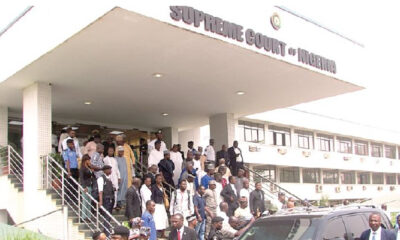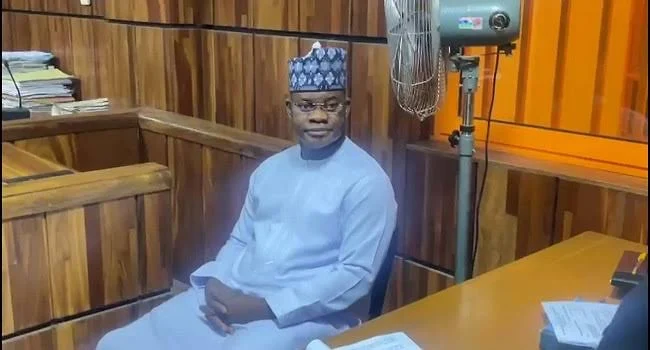The Nigerian Electricity Regulatory Commission (NERC) says the federal government paid a total of N171.25 billion as electricity subsidy in the first six months of 2023.
NERC, in its second-quarter (Q2) report dated October 17, 2023, noted that the subsidy was due to the absence of cost-reflective tariffs across all distribution companies.
During the first half (H1) of the year, the commission reported a total subsidy of N171.25 billion, with N36.02 billion incurred in the first quarter (Q1) and N135.23 billion in Q2.
According to the commission, the increase in Q2 can be primarily attributed to the government’s policy of harmonising exchange rates.
“In the absence of cost-reflective tariffs, the government undertakes to cover the resultant gap (between the cost-reflective and allowed tariff) in the form of tariff shortfall funding,” the report said.
“This funding is applied to the Nigerian Bulk Electricity Trading (NBET) invoices that are to be paid by DisCos.
“The amount to be covered by the DisCo is based on the allowed tariff determined by the Commission and set out as their Minimum Remittance Obligation(MRO) in the periodic Tariff Orders issued by the Commission.
“It is important to note that due to the absence of cost-reflective tariffs across all DisCos, the government incurred a subsidy obligation of N135.23 billion in 2023/Q2, which is an increase of N99.21 billion (+275%) compared to the ₦36.02 billion incurred in 2023/Q1.”
The report also highlighted that, on average, the subsidy obligation incurred by the government per month was N45.08 billion in Q2 2023.
The NERC said the government’s subsidy obligation meant that in 2023/Q2, Discos were only expected to cover 53.25 percent of the total invoice received from NBET.
DISCOs Rake In N267.9BN, Q2 Collection Efficiency At 75.5%
According to the NERC, DisCos revenue for Q2 stood at N267.86 billion achieving a 75.5 percent collection efficiency.
In Q1, the collection efficiency stood at 68.75 percent.
Collection efficiency is the ratio of the amount that has been collected from customers relative to the amount billed to them by the DisCos.
For example, collection efficiency of 70 percent implies that for every N100 worth of energy billed to customers by DisCos, approximately N30 remained unrecovered from the billed customers.
NERC said: “The total revenue collected by all DisCos in 2023/Q2 was N267.86 billion out of the N354.61 billion that was billed to customers.”
“This translates to a collection efficiency of 75.54%. The DisCos overall collection efficiency increased by 6.79 percent point from 68.75% recorded in 2023/Q1.
“While the total collections increased by 8.41% (compared to N247.09 billion in 2023/Q1), the total billings declined by -1.33% (compared to N359.38 billion in 2023/Q1).”
The report also shows that all other discos apart from Yola discos recorded an improvement in collection efficiency in Q2.
The top performing DisCos were Kaduna, Ikeja and Enugu with (44.27 percent to 59.38 percent ), (87.19 percent to 95 percent ) and (68.55 percent to 76.29 percent) increases in collection efficiency respectively.
Yola DisCo had a decrease from 45.71 percent to 45.27 percent in collection efficiency within the same period.

 BIG STORY1 day ago
BIG STORY1 day ago
 BIG STORY3 days ago
BIG STORY3 days ago
 BIG STORY4 days ago
BIG STORY4 days ago
 BIG STORY3 days ago
BIG STORY3 days ago
 BIG STORY2 days ago
BIG STORY2 days ago
 BIG STORY2 days ago
BIG STORY2 days ago
 BIG STORY21 hours ago
BIG STORY21 hours ago
 BIG STORY3 days ago
BIG STORY3 days ago
























